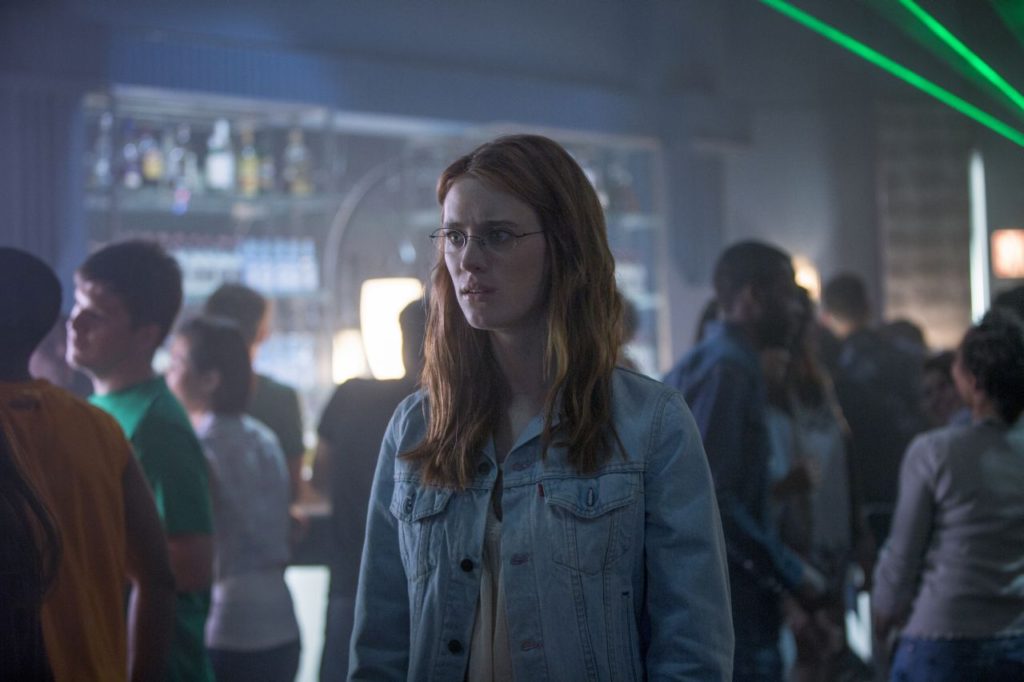One of the most eye catching science fiction shows to burst onto the scene in past few years belongs to the dystopian anthology Black Mirror. With a self-contained collection of seven well-crafted episodes, the British show managed to make a name for itself as a worthy successor to classics like The Twilight Zone (1959) and The Outer Limits (1995).
With the talents and insights of its creator Charlie Brooker, Black Mirror managed to revive the spirit of the genre by prioritizing speculation over spectacle. Despite finding a new home on Netflix, the show still manages to be both thrilling and thought provoking with a stunning six-episode third season.
As it did on its original run on British television network E4, each episode of season three introduces us to new cautionary tales revolving around our relationship with technology in the near distant future.
Black Mirror holds nothing back with its warnings of the potential dangers of emerging technologies like virtual reality and more current trends like rising social media use. These stories never let up, with creativity abound in every narrative.
Out of all of them, the standout episodes this season is the emotionally charged throwback San Junipero; and socially aware thriller Hated in the Nation.
San Junipero is a defiant piece of work within its own world. With the unorthodox setting of a small party town in 1987, San Junipero feels counterintuitive to what Black Mirror is all about in the best way possible.
The romantic relationship that unfolds between shy girl Yorkie (Mackenzie Davis) and self-proclaimed party girl Kelly (Gugu Mbatha-Raw) set against the beautiful retro backdrop of a coastal town starts and ends with an emotional payoff similar to that of a down-to-earth indie film rather than a hard science fiction.
On the opposite end of the spectrum, the finale episode Hated in the Nation is the peak of Black Mirror, taking a critical look at what the volatile trend of mob justice social media has given rise to. The exploits of homicide detective Karin (Kelly Macdonald) and her tech savvy partner Blue (Faye Marsay) as they try to unravel the mystery behind a string of strange murders is an intelligent twist on the usually bland police procedural.
The messages surrounding an increasingly aggressive internet community and a looming surveillance state can be a bit heavy handed at times.
Brooker wasn’t afraid to turn things up this time around, writing stories that are unexpectedly funny, uncomfortable, and sad.
The most noticeable benefit of the show’s move to Netflix is the increased production value. While the earlier episodes weren’t slouches, each episode of season three is good enough to rival that of many, middle budget, feature films.
Thanks to film directors like Dan Trachtenberg (10 Cloverfield Lane) and Joe Wright (Pan) manning some of the episodes, the show’s aesthetic is now in line with some of Netflix’s other originals like Daredevil.
The need to label Black Mirror as anti-technology is as far from the truth as you can get. Like its namesake, Black Mirror is just a reflection of what we fear might happen years down the road.
When you boil it all down, it’s all just paranoia. The real danger never lies in the technology itself, but each and everyone of us who use it on the daily.




Comments are closed.